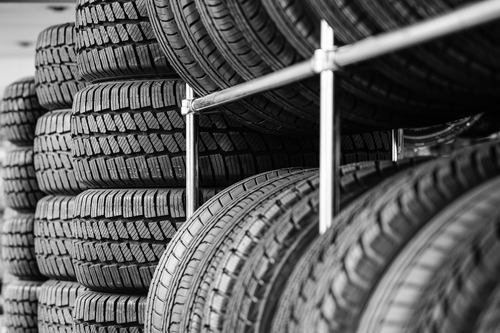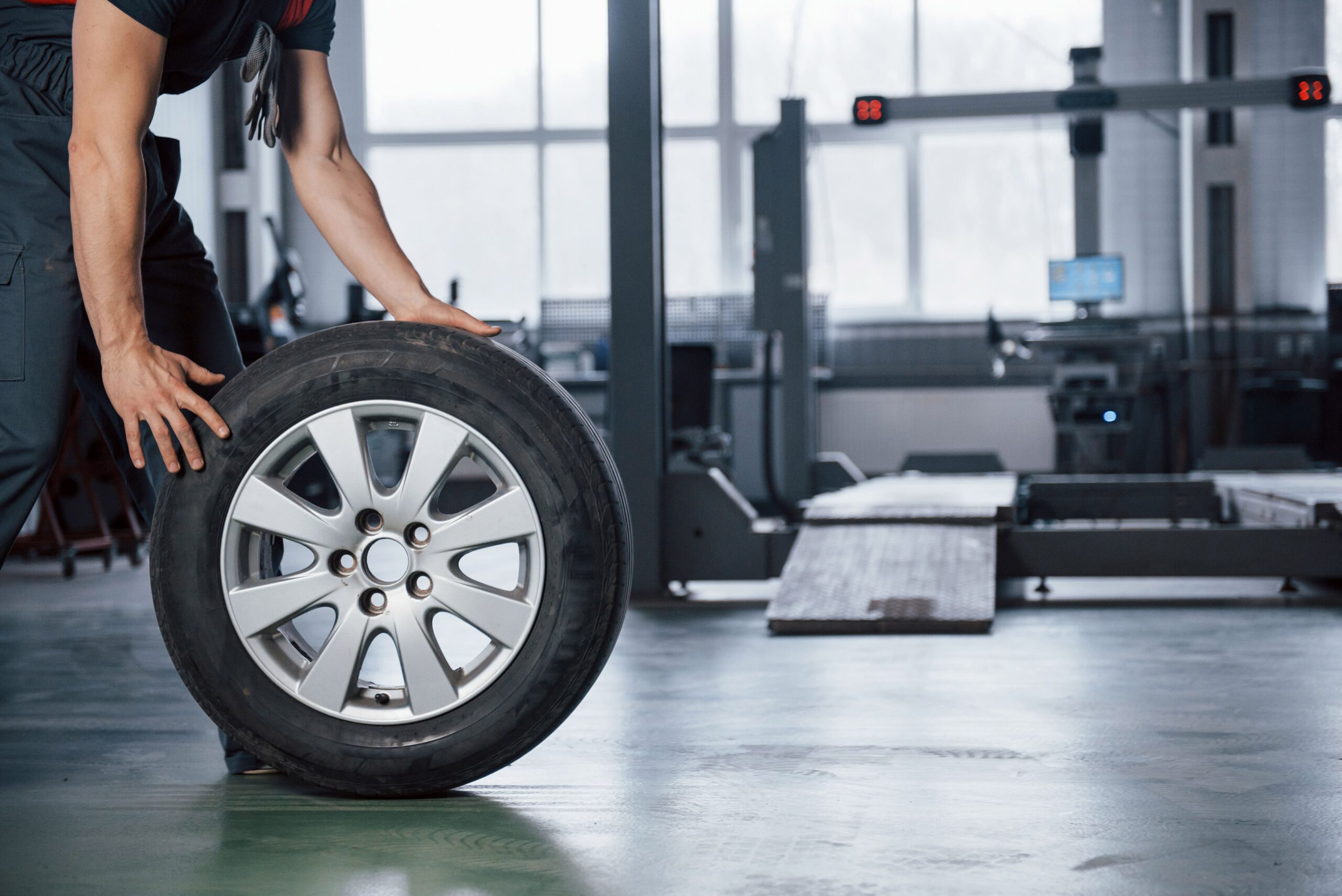Why Should You Rotate Your Tires?
Rotating your tires is essential for several reasons. Tires experience different amounts of wear depending on their position; for example, front tires on front-wheel drive vehicles often wear faster due to steering and braking loads. By rotating your tires, you ensure even wear across all four tires, helping them last longer. Regular rotation also improves performance and safety by preventing uneven wear that can affect handling and braking, reducing the risk of unsafe driving conditions. Additionally, tire rotation extends the life of your tires by preventing premature damage and reducing the chances of one tire becoming bald.

Tire rotation also helps improve fuel efficiency, as unevenly worn tires can increase rolling resistance, lowering gas mileage. Lastly, rotating your tires regularly can prevent costly repairs due to uneven wear, which may lead to premature tire replacement or damage to suspension components. It’s generally recommended to rotate your tires every 6,000 to 8,000 miles or as indicated in your vehicle’s manual.
How Often Should You Rotate Your Tires?
Ideally, tire rotations should be performed at the same interval as your oil changes. Consult your vehicle’s owner manual for specific timing recommendations and the optimal rotation pattern for your vehicle and tire type. Since tires are the only part of the car in direct contact with the road, their condition significantly influences handling, ride quality, braking, and overall safety. To ensure peak performance, tires require proper air pressure, adequate tread depth, balance, alignment, and regular rotation.
Other Tire Rotation Considerations
- Tire rotation also extend tire tread life. Regular tire rotations prevent uneven wear, which can compromise tire performance and vehicle handling. Identifying uneven tire wear is crucial as it signals the need for rotation, ultimately extending the lifespan of your tires.
- Properly rotated tires contribute to vehicle efficiency, providing a smoother ride and prolonging tire longevity. By distributing wear evenly, tire rotations help maintain optimal traction and handling.
- Worn tires exert more strain on the engine, leading to increased fuel consumption. Regular tire rotations reduce the workload on the engine, promoting smoother operation and improved fuel efficiency.
- Routine tire rotations result in significant cost savings over time. By reducing fuel consumption, extending tire life, and preventing expensive repairs due to uneven wear, you’ll save money in the long run.
By prioritizing tire maintenance through regular rotations, you’ll ensure safer travels, enhanced fuel economy, and extended tire life. If it’s been a while since your last tire rotation, don’t delay—visit any of our 9 Clark Warehouse Tire * Auto location in Missouri or schedule your appointment online today!

